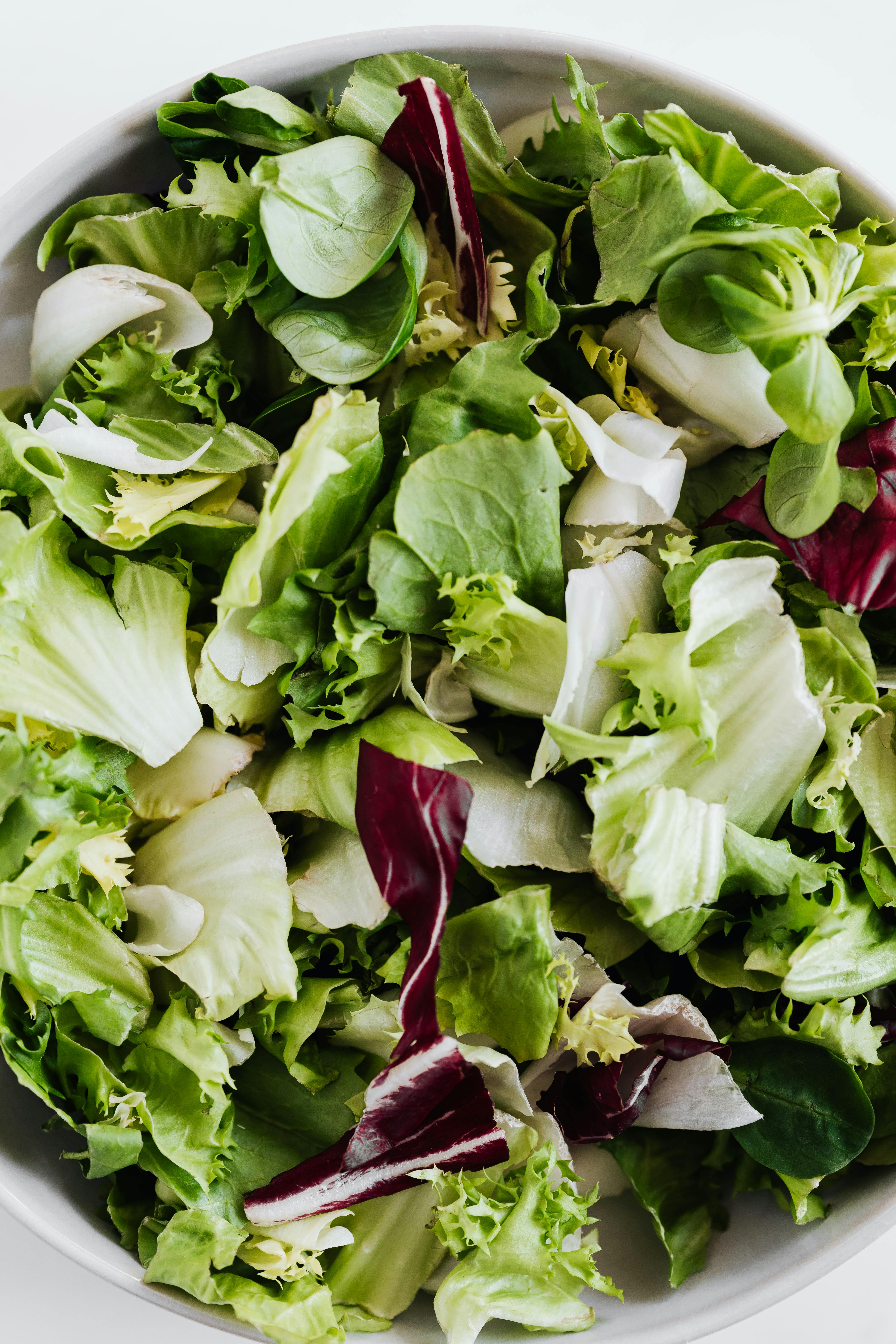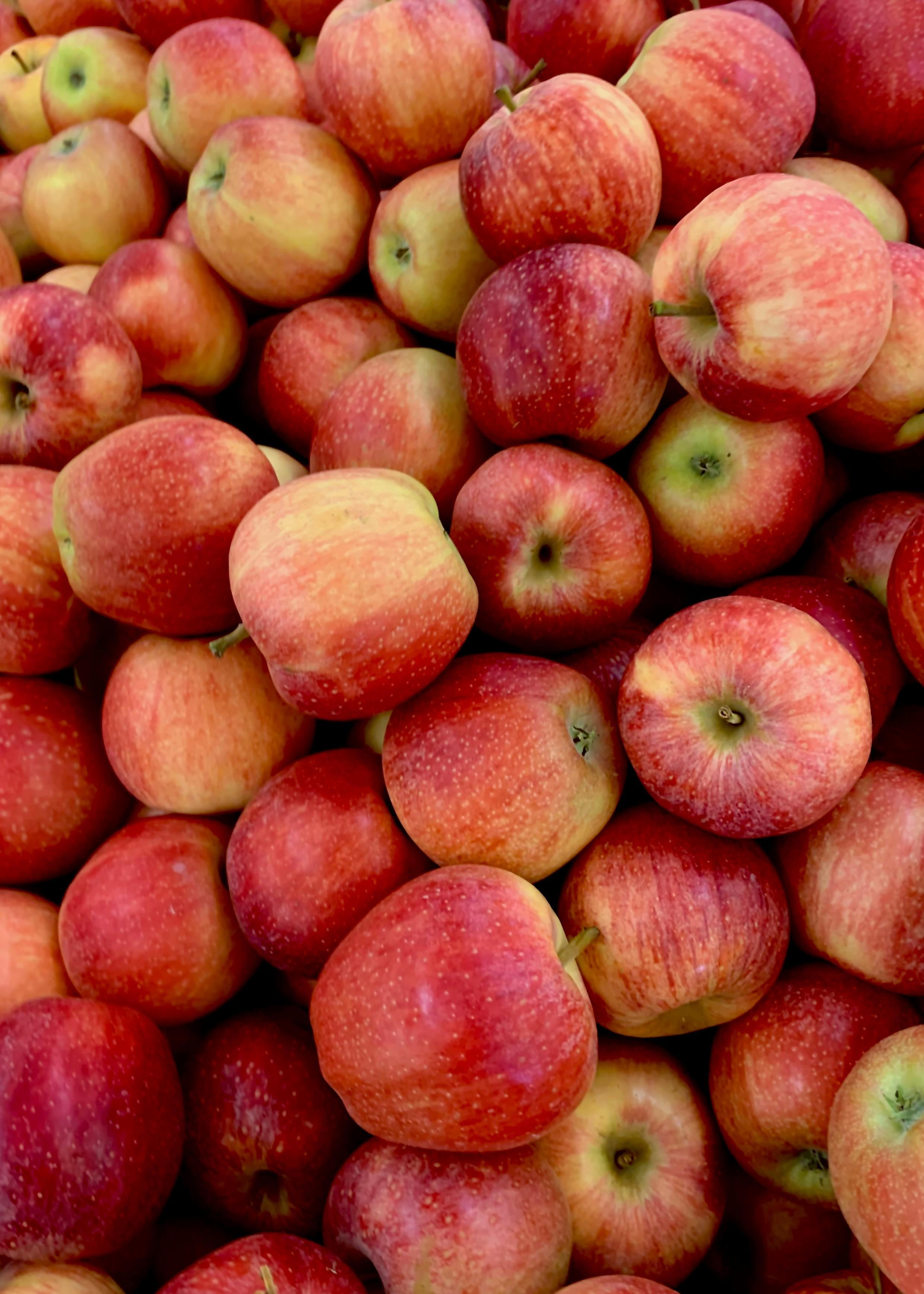Top Foods That Lower Cholesterol Naturally for Heart Health
If you’re looking to improve your numbers—without complicated rules—this guide is for you. We’ll walk through the most researched foods that help lower “bad” LDL cholesterol, support “good” HDL, and fit into everyday life. Simple swaps, realistic portions, delicious recipes: that’s the plan.

Cholesterol talk can get confusing fast. But the heart of the story is surprisingly straightforward: the foods we eat can tilt the balance between LDL (the type we want less of) and HDL (the type that helps clear cholesterol). You don’t need a perfect diet—you just need a few consistent habits that add up.
Below, you’ll find a crisp breakdown of what matters, then a deep dive into foods that consistently show benefits. We’ll also include portions you can use today, how to shop smart on a budget, and a 7-day plan that fits busy life.
Cholesterol Basics (In Human Language)
Cholesterol itself isn’t the villain—your body needs it for hormones and cell membranes. The issue is when LDL particles carry cholesterol into artery walls faster than your body can clear it, especially in the presence of chronic inflammation. HDL helps shuttle cholesterol away for recycling. So we aim to lower LDL, keep HDL healthy, and reduce triglycerides.
- LDL (“bad”): Lower is generally better for heart health.
- HDL (“good”): Helps remove cholesterol from the bloodstream.
- Triglycerides: A type of fat in the blood—high levels raise risk.
Food influences all three by changing fiber intake, fat quality, and overall energy balance. The most reliable wins? More soluble fiber, better fats, and fewer ultra-processed foods.
The Big 4 Food Strategies That Move the Needle
- Load up on soluble fiber (think oats, barley, beans, apples). It acts like a sponge in your gut, trapping cholesterol for removal.
- Choose unsaturated fats (olive oil, nuts, seeds, fish) instead of saturated/trans fats. This supports LDL reduction and HDL maintenance.
- Add plant sterols/stanols from fortified foods or naturally from nuts, seeds, and legumes—they help block cholesterol absorption.
- Go for whole, minimally processed foods to lower added sugars and refined starches that nudge triglycerides up.
You don’t have to overhaul everything—small, consistent swaps beat short bursts of “perfect.”
Top Foods That Lower Cholesterol (with servings & easy ideas)
1) Oats & Barley (Soluble Fiber Superstars)
Oats and barley are rich in beta-glucan, a soluble fiber that helps reduce LDL. Aim for 3–5 servings per week.
- Serving: ½–1 cup cooked oats; ½ cup cooked barley
- How to use: Overnight oats with berries; barley in soups; oat-barley porridge on weekends.
2) Beans & Lentils (Fiber + Plant Proteins)
Kidney beans, chickpeas, black beans, and lentils deliver soluble fiber and plant sterols. Great for budget-friendly meals.
- Serving: ½–1 cup cooked, 4–7 days/week
- How to use: Toss into salads, blend into soups, or make a quick lentil curry.

3) Fatty Fish (Omega-3s for Triglycerides)
Salmon, sardines, mackerel, and trout provide EPA/DHA omega-3s that lower triglycerides and support heart health.
- Serving: 2–3 fish meals/week (85–120 g cooked)
- How to use: Sheet-pan salmon with veggies; sardines on whole-grain toast with lemon.
4) Nuts (LDL Support + Plant Sterols)
Almonds, walnuts, pistachios, and pecans are linked with better lipid profiles. Keep portions reasonable—they’re calorie-dense but powerful.
- Serving: 28 g (a small handful) 4–7 days/week
- How to use: Sprinkle on oats, mix into yogurt, carry snack packs.
5) Olive Oil & Avocado (Swap in Better Fats)
Choose extra-virgin olive oil for cooking and dressings. Avocado adds fiber plus monounsaturated fat.
- Serving: 1–2 tbsp olive oil/day; ½ avocado/day or a few times per week
- How to use: Olive-oil vinaigrettes; avocado toast with whole grains and tomato.
6) Fruits Rich in Pectin (Apples, Citrus, Berries)
Pectin is a soluble fiber that helps reduce LDL. Fruits also add antioxidants and hydration.
- Serving: 2–3 pieces/day
- How to use: Apple + almond snack; orange with breakfast; berries in oats.

7) Vegetables (Especially Leafy Greens & Okra)
Vegetables provide fiber, potassium, and polyphenols. Okra and eggplant have a gel-forming fiber that’s particularly helpful.
- Serving: 3–5 cups/day (raw volume)
- How to use: Big salads; roasted sheet-pan veggies; okra stews.
8) Seeds (Flax, Chia, Pumpkin)
Ground flaxseed is a star for LDL; chia adds soluble fiber and satiety.
- Serving: 1–2 tbsp/day (ground flax or chia)
- How to use: Stir into yogurt, smoothies, or oatmeal.
9) Soy Foods (Tofu, Tempeh, Edamame)
Replacing red/processed meat with soy protein can nudge LDL downward and reduce saturated fat intake.
- Serving: 1–2 servings/day (e.g., 100 g tofu)
- How to use: Tofu stir-fry; miso-soy glazed baked tofu; edamame snack.
10) Dark Chocolate (Yes—In Moderation)
Cocoa polyphenols may support endothelial function. Choose dark chocolate (70%+) in small portions.
- Serving: 10–20 g a few times per week
- How to use: A square with tea; shave over yogurt with berries.
11) Tea & Coffee (Smart Sips)
Unsweetened tea adds polyphenols; filtered coffee avoids compounds that can raise LDL (like cafestol). If you love French press, balance with paper-filtered cups.
12) Fermented Foods (Yogurt, Kefir, Kimchi)
A healthy gut may support lipid metabolism. Choose unsweetened yogurt/kefir to avoid added sugars.
A Friendly 7-Day Heart-Healthy Starter Plan
This plan uses the foods above with simple prep. Adjust portions to your hunger, activity, and clinician advice.
Day 1
- Breakfast: Oats with berries, ground flax, and almond butter
- Lunch: Lentil-veggie soup + whole-grain toast
- Dinner: Sheet-pan salmon, roasted broccoli, barley
- Snack: Apple + a handful of walnuts
Day 2
- Breakfast: Yogurt parfait with chia and citrus
- Lunch: Chickpea avocado salad wrap
- Dinner: Tofu stir-fry with mixed vegetables, brown rice
- Snack: Dark chocolate square + tea
Day 3
- Breakfast: Barley porridge with cinnamon and pears
- Lunch: Tuna (or white-bean) salad over greens with olive-oil vinaigrette
- Dinner: Whole-wheat pasta with tomato-olive sauce, side salad
- Snack: Edamame + orange
Day 4
- Breakfast: Avocado toast + poached egg
- Lunch: Black-bean chili with okra
- Dinner: Sardine toast with lemon, arugula salad, quinoa
- Snack: Berries + yogurt
Day 5
- Breakfast: Overnight oats with chia, almonds, apples
- Lunch: Lentil-tomato stew + whole-grain pita
- Dinner: Grilled chicken (or tempeh) with roasted eggplant and peppers
- Snack: Pear + pistachios
Day 6
- Breakfast: Smoothie (kefir, spinach, flax, banana)
- Lunch: Bean-and-barley salad with olive oil & lemon
- Dinner: Baked trout, steamed green beans, sweet potato
- Snack: Dark chocolate + strawberries
Day 7
- Breakfast: Oat-banana pancakes with berries
- Lunch: Hummus platter (veg sticks, olives, whole-grain crackers)
- Dinner: Veggie curry with chickpeas and brown rice
- Snack: Apple + walnut butter
Smart Shopping List + Label Tips
You don’t need specialty products—just staples that deliver fiber, healthy fats, and protein.
Pantry
- Old-fashioned oats, barley, brown rice, whole-grain pasta
- Canned beans (no-salt added), lentils, chickpeas
- Olive oil, canned tomatoes, tuna/sardines (in water/olive oil)
- Flaxseed (ground), chia seeds, mixed nuts
Fridge/Freezer
- Leafy greens, broccoli, okra, peppers, carrots
- Yogurt/kefir (unsweetened), tofu/tempeh
- Frozen berries, edamame, salmon fillets
Fruit Bowl
- Apples, oranges, berries, pears, bananas
- Avocados, lemons, limes
Label Tips
- Fiber: Aim for ≥3 g per serving (more is great).
- Fats: Prefer unsaturated fat; keep saturated fat low; avoid trans fats.
- Added sugar: Single-digit grams per serving is a good rule of thumb for everyday foods.
- Sodium: Choose “no-salt-added” beans; drain and rinse canned items.
Simple Swaps That Make a Difference
- Butter → Olive oil for sautés and dressings
- White bread → Whole-grain bread/wraps
- Processed snacks → Nuts + fruit
- Red/processed meat → Fish or tofu/tempeh a few nights per week
- Sugary breakfast → Oats + berries + seeds
- French press daily → Paper-filtered coffee most days
Quick, Tasty Recipe Ideas (Under 20 Minutes)
1) Lemon-Garlic Sardine Toast
You’ll need: Whole-grain toast, canned sardines, lemon, olive oil, chili flakes, arugula.
Do this: Mash sardines with lemon juice and a splash of olive oil. Pile on toast, top with arugula and chili. Done.
2) 5-Minute Edamame Bowl
You’ll need: Frozen edamame, soy sauce/tamari, sesame seeds, microwave rice.
Do this: Steam edamame, toss with tamari and sesame. Serve over warm brown rice.
3) Creamy Oats without Cream
You’ll need: Oats, water/milk, ground flax, cinnamon, chopped apples, walnuts.
Do this: Cook oats; stir in flax and cinnamon; top with apples and walnuts.
4) Olive-Oil Bean Salad
You’ll need: Canned chickpeas, diced cucumber/tomato, olives, lemon, olive oil.
Do this: Rinse beans; mix with veg; dress with lemon + olive oil; add herbs if you like.
5) 10-Minute Tofu Scramble
You’ll need: Firm tofu, turmeric, onion, spinach, olive oil, salt/pepper.
Do this: Crumble tofu; sauté with onion, turmeric, and spinach; season and serve with whole-grain toast.
Common Mistakes to Avoid
- Chasing perfection: Con
Comments
Post a Comment
We love your feedback! Please share your thoughts below. All comments are moderated to ensure a positive and helpful community. Spam or inappropriate comments will be removed.